May none of us ever hear the dreaded words, “It’s cancer.” May the closest you ever come to it is opening up Nina Riggs’ Bright Hour, a memoir of the author’s battle with breast cancer, baldness, radiation machines, and Tumor Boards.
“Right before all your hair falls out, it aches,” she writes. “Like a ponytail pulled back for too long. And even after it’s all gone, the ache resurfaces.”
One small comfort is Nina’s friend, Ginny, also a breast cancer patient. They text back and forth (Ginny lives in South Carolina, Nina in North) about chemo, reconstruction, “casserole b***hes”. Otherwise, Nina copes by checking off her milestones — “It’s my twenty-seventh treatment of thirty” — and learning relaxation techniques, the point of which, apparently, is to forget how much danger you’re in. Oh, and reading. Montaigne does the trick for Nina. Also Ralph Waldo Emerson, who happens to be one of her great-great-great-etc. grandfathers.
The great dilemma of cancer is whether to fight or yield. Death lurks all around Nina, catching up with creatures who throw their all into avoiding it. It’s in the faces painted into a work of art. It’s in a flock of guinea hens as Nina’s children watch an osprey steal away the chicks. It stalks Nina’s mother, also fighting cancer. Goodness, what havoc does that wreak on family dinners?
Yet Nina soldiers on, hobbling on her cane, attending the school conferences, taking the children to the beach house, flying to Paris. She does it all as tumors grow and bones break. She lives through the very events that make life sparkle. But the reality of loss can turn her into a heap on the floor, uncontrollably weeping.
In my opinion, to truly live is to notice, to pay attention, to the sights, sounds and smells around you. And this is what makes Nina Riggs worth reading as she awaits her fate.
Photo credit: arianne… on VisualHunt.com / CC BY-ND
Graphic created on

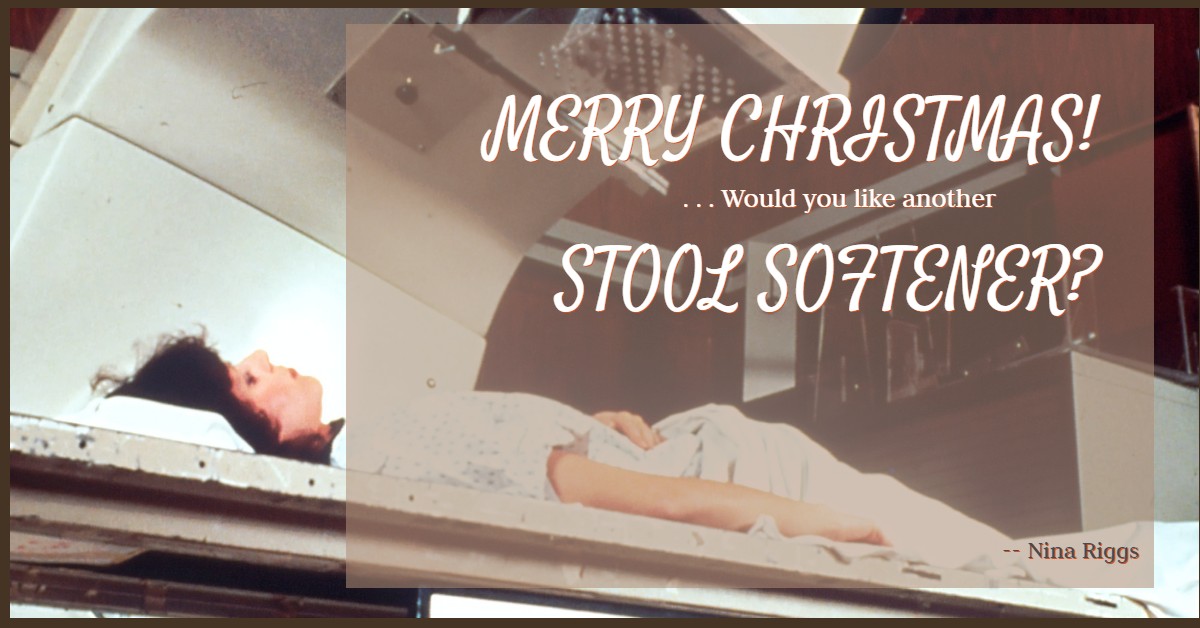
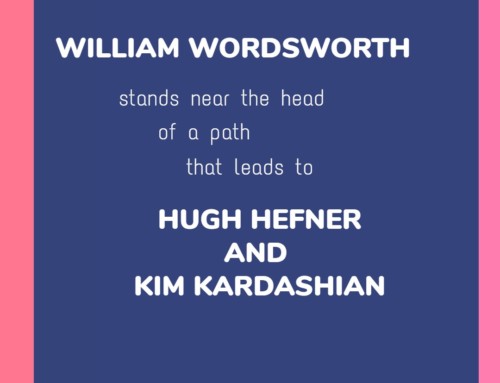

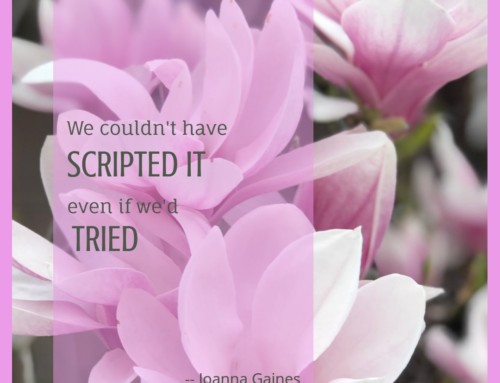
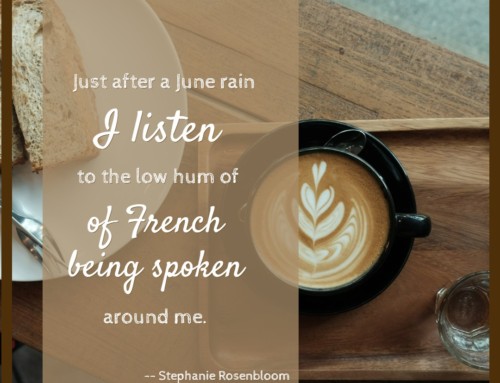
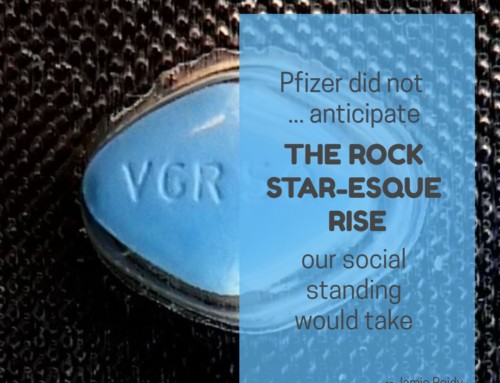
Leave A Comment